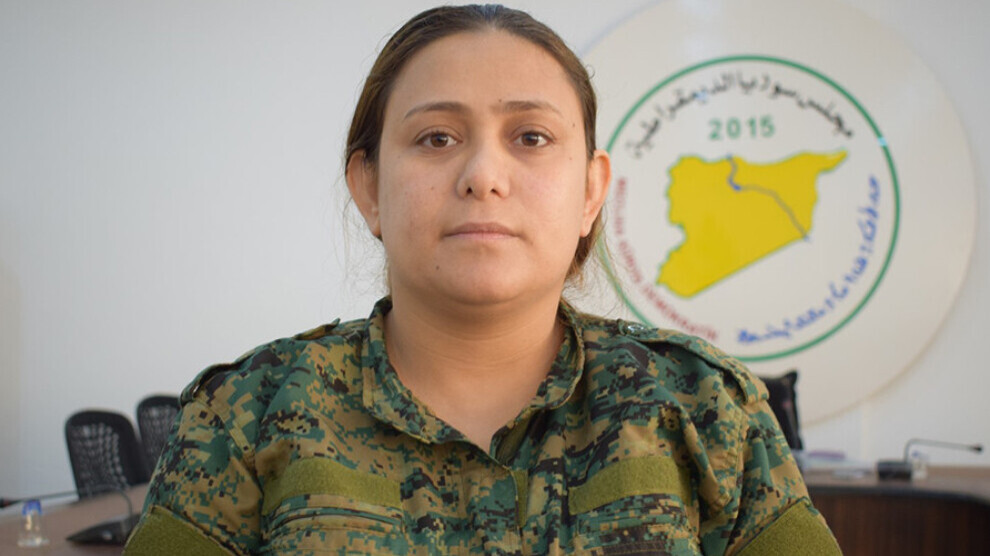There is a wide network of IS cells in the East Syrian self-governing region of Deir ez-Zor. Despite the competition of the Syrian regime and Turkey, both regional powers have a strong interest in destabilizing the region and aim to dismantle self-government. As a means to this end, the Islamic State (IS) in the region enjoys the support of both powers. As a result, jihadists have become increasingly active in recent days and weeks. Only last Monday, several members of the civil council of Deir ez-Zor and workers in oil production were attacked.
Reorganization attempts of the IS
Hawar News Agency (ANHA) interviewed Lilwa Abdullah, spokeswoman of the Military Council of Deir ez-Zor, about IS activities in the region. The commander said: "After the military defeat of the IS, the organization continues its attempts through covert cells to threaten the security of the region and regain control. In attacks and assassinations, the IS targets in particular leaders of the SDF (Syrian Democratic Forces), tribal and social leaders, as well as patriotic people who cooperate with the Autonomous Administration. With the expansion of services in Deir ez-Zor, these attacks have also increased."
On September 25, Abdullah himself became the target of an assassination attempt. Her driver was injured. Abu Xebîl (Ehmed Xebîl) from the Military Council of Deir ez-Zor was also the target of an assassination attempt on November 1.
Cells linked to Iran are also active
Even though the SDF declared victory over the IS on March 23, 2019, operations against the Islamists continue to this day. Regarding the security situation in Deir ez-Zor, Abdullah said; "In Deir ez-Zor not only the IS is active, but also the Turkish-backed SNA (Syrian National Army), militias of the governments of Damascus and Iran, and various other forces are organized in cell structures. The Iranian structures are linked to the security forces of the Damascus government. It has already been revealed that the government in Damascus was involved in the assassination of Mushtar al-Hafal of the Okaidat tribe. Damascus wants to regain control of the region by fueling conflicts in the region.”
Abdullah said that some of these cells carried out propaganda activities for the Damascus government, but a number of them were crushed by the Military Council which has also been able to dismantle countless IS cells.
The difficulties of the struggle
Asked about the difficulties of fighting against these cell structures, the Deir ez-Zor Military Council spokeswoman explains: "Deir ez-Zor is very large and therefore the struggle is very difficult. It is difficult because we do not have the necessary military technology for reconnaissance. The international coalition should support our fight against these cells more strongly.”















